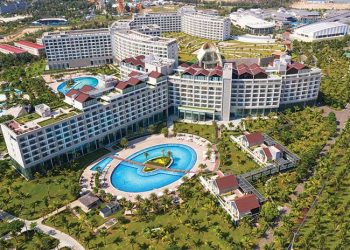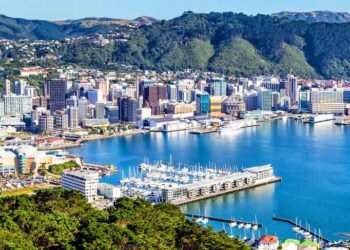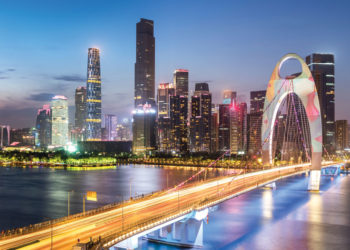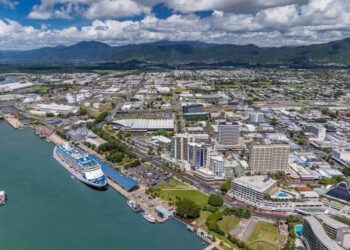A legalized Thai casino market could eventually generate annual gross gaming revenues of US$15.1 billion in the long-term, making it the third largest market globally based on current GGR levels.
That’s according to a new in-depth study by brokerage CLSA, which sees growing visitation from China and India and government leniency on table and slot machine counts as working in operators’ favor as the Thai gaming market develops.
The 100-page study by analysts Jeffrey Kiang, Naphat Chantaraserekul and Leo Pan is based on an estimated 39 million annual visitors to the Southeast Asian nation – up from an expected 35.5 million this year – with average annual expenditure of US$386 per person, roughly in line with Singapore.
“When comparing this data with other markets, Thailand would rank as the third-largest gaming market [based on] 2023 [levels],” CLSA said. “We consider Singapore a good proxy for Thailand due to similarities in geography, visitor mix and overall appeal as a travel destination.”
The brokerage also sees strong return on investment, with Thailand’s anticipated business-friendly atmosphere, relatively low 17% gaming tax rate and absence of a table cap potentially allowing for an EBITDA margin of 40% or higher once full ramp is achieved – in line with margins observed at Marina Bay Sands and Resorts World Sentosa. This, CLSA says, represents annual GGR of US$2.1 billion and EBITDA of US$805 million per complex, or ROIC of 23.9% with a payback period of around four years at full ramp.
According to CLSA analysts, efforts by Thailand’s government to improve tourism infrastructure will pay dividends in the long run due to enhanced appeal among key tourist markets such as China and India. Current travel penetration into these source markets currently sits at 0.1% to 0.2%.
Despite this, CLSA sees no real threat to Macau’s global gaming dominance from Thai casinos.
“Macau will likely remain resilient considering its close proximity to China and much shorter length of stay than Thailand (different purposes of travelling),” the brokerage states. “The key issue for Macau is still the lack of new land and hotel supply, rather than insufficient demand.



































